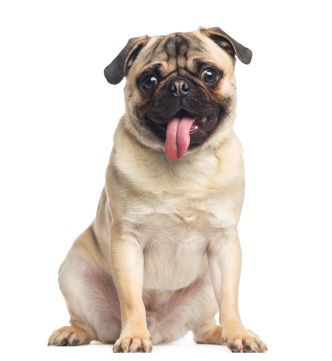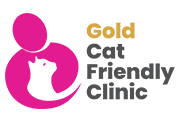Top tips for pets in hot weather
Some like it hot…Others do not!
Tortoises love the hot weather and will lie in the full sun; other pets however need to be protected from the heat.

Top tips to keep your pets cool
- Walk dogs at the coolest times of the day, early morning or late evening
- Shaded wooded walks are good if close by
- Try not to travel to the walk by car. If you do, open the doors and windows to allow the car to cool before putting your dog in. Special window vent guards are good for keeping your dog safe and cool whilst travelling. A non spill water bowl can be kept in the boot of the car
- Never leave a pet in the car even with water and windows open. Car fans do not keep a car cool enough, even those specially marketed for dogs
- Carry water when walking for you and your dog. You can buy handy little disposable or portable dog water bowls
- Try to encourage your dog to walk rather than run if possible, so no ball or chase games and try to walk where you dog is not likely to want to go off hunting
- Take special care if you have a ‘busy’ breed such as Spaniels, Staffordshire bull terriers or any other breed that is constantly ‘on the go’. They tend not to stop even when heat exhausted
- Take special care if you have a bracheacephailic breed (dogs with ‘squashed’ muzzles) these dogs find it hard to pant efficiently with their short noses and narrow nostrils. Furthermore they are prone to having overly long soft palates which makes their airways narrow. Some dogs will require surgery to help them cope
- Take special care if you have a dog that wears a muzzle. Basket style muzzles allow some free panting but fabric muzzles can be very restrictive. By law some dogs have to be muzzled at all times in public and so will need to be very carefully managed during hot spells. Exercise them with great caution and ensure they have plenty of access to water. Some dog may be more ‘tetchy’ and inclined to bite when hot and stressed so be aware that a hot dog may not appreciate the attention of a small child
- Plan days out carefully. If you are taking your dog make sure you don’t have to leave it in the car at any time. Many pubs allow dogs but check there is somewhere cool and shaded for them. If in doubt leave them at home and get a neighbour to let them out for short periods during the day
- If visiting the beach check ahead to make sure that dogs are allowed. Many beaches ban dogs during the summer months. Remember to take some fresh drinking water. A hot thirsty dog + sea water = explosive diarrhoea + vomiting
- Consider having long haired dogs clipped
- Apply appropriate sun block to the tips of ears, noses and any hairless areas of white cats, dogs rabbits and bald areas on hens to prevent sunburn
- When indoors, provide a cool shaded area with plenty of fresh drinking water
- For small pets, ensure that they are not housed near windows. It might be shaded at certain points of the day but could be in full sun at others
- Check rabbits and poultry daily. Fly strike (maggot infestation) happens quickly and catching it early can make all the difference. Check beneath the tail or vent especially. Flies will leave small white/cream clumps which quickly develop into maggots in the heat. Provide plenty of shade and fresh drinking water
- If you have a broody hen, encourage her off the nest to drink. You can offer sloppy mash to encourage more fluid uptake
- Check all pets for parasites regularly. Red mite in poultry can take a quick hold during hot weather as can fleas, ticks and lice in all pets
- Dogs and cats can get stung by bees and wasps. A bee sting can be gently removed if it can be seen and soothed with a dilute solution of bicarbonate. A wasp sting can be soothed using vinegar (not around their eyes). Painful stings and stings around the mouth or eyes may require veterinary attention to reduce discomfort and to ensure the airway is not affected
Signs of heat stroke
- Heavy panting with heaving chest
- Increased salivation
- Staring glazed eyes
- Unsteadiness
- Collapse
- Retching
- Hens may have a floppy comb and may pant
- Cats rarely pant so panting would be a cause for concern
Treating heat stroke
- Take your pet somewhere cool and well ventilated. Use fans if available
- Cool with cool damp towels or douse with cool (not cold or freezing) water
- Offer cool water to drink
- If you need to visit a vet (call first to ask for advise unless your pet is in obvious danger) where oxygen and intravenous fluids may be required – if so ensure the car is cool and well ventilated
Eastcott Vets © 9th July 2013 not for reproduction without prior permission





